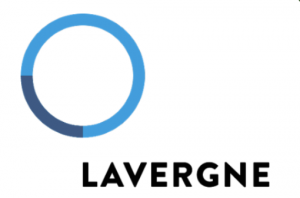As the poorest country in the Western Hemisphere, Haiti has limited infrastructure or access to clean water and so, the population relies mostly on water from plastic bottles.
The Caribbean nation struggles with empty bottles littering the countryside and the environmental risk that those plastics may be headed for the ocean. The waste generated has become a huge issue, Haiti estimates that it will cost them around $375.5b by 2022 for the waste management.
In 2016, they produced about 185 thousand tonnes of plastics and only collected around 12% of that, leaving 88% in the Haitian environment. That plastic will wash up in the oceans and contaminate the waters.
And, because Haiti does not have enough money to develop a good solid waste management infrastructure, the problem will keep increasing.
Lavergne has built a wash line and uses Ocean Bound Plastics as feedstock. Our operations are divided in two processes:
- Collection/Separation – The collection process begins by recovering plastic bottles from canals, roadsides and ocean shores. Collected bottles are separated at the collection centres through manual sorting, a task that provides a large number of jobs.
- Washing – The plastic waste is transported to a central Lavergne Haiti factory for the pre-processing. Plastic waste is shredded into small flakes, cleaned (extensive washing, rinsing and drying).
Cleaning is an incredibly important element to this supply chain. The wash line allows Lavergne to divert three types of plastics from the ocean: PET, HDPE and PP.
These washed and clean flakes are shipped to Lavergne’s facilities in North America, where – using our company’s secret recipe – the flakes are incorporated with additives and blended, compounded, and mechanically recycled into pellets.
The project is also making many positive impacts on the local communities. In the next 10 years, Lavergne plans to remove 70 thousand tonnes of plastics waste from the environment and dumpsites.
The operations create hundreds of jobs for the local Haitians to collect and sell plastic containers and bottles to the collection centres.
In our first 4 months in Haiti alone we employed 1200 collectors, who have been selling feedstock to the 77 collection centres we partner with. The project will continue to create new economic and educational opportunities in local communities.

